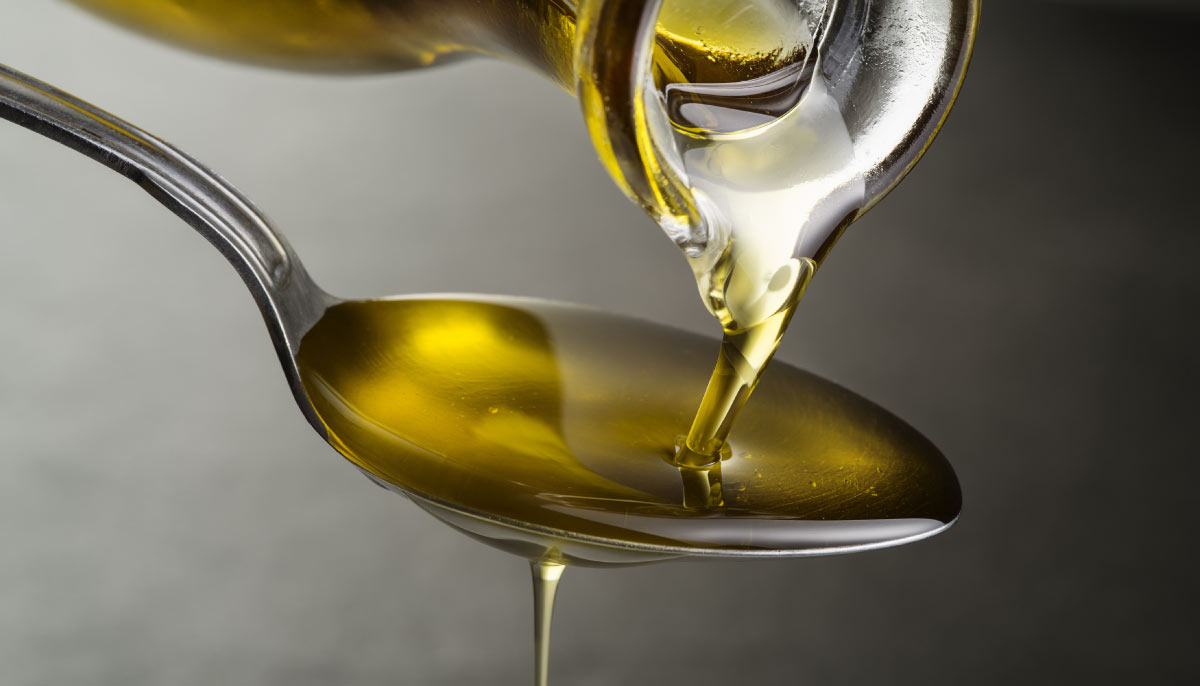Shutterstock
Cooking oils are used in so many dishes for cooking and baking. Unfortunately, when oils are exposed to high heat, they can oxidize creating free radicals and harmful compounds. When used for cooking, oils high in saturated fats and monounsaturated fats are more resistant to the heat – making them safer and healthier options.

Oils that are high in polyunsaturated fats do not hold up in the heat and should be avoided altogether when cooking or baking.
The healthiest of oils for cooking and baking is coconut oil. Not only is it resistant to heat, but it contains fats that can boost your metabolism and increase your feeling of fullness. It is also considered a superfood that can improve cholesterol and help destroy bacterial and harmful pathogens.
If you’ve been avoiding butter based on the idea it’s bad for you – think again. Processed margarine is actually the culprit of the bad rap butter has gotten over the years. Real butter is good for you and even a little bit nutritious. It has a good mix of good fats for cooking and only 4% of the polyunsaturated fat that you should avoid exposing to heat.
Olive Oil is also a great choice as it contains heart-healthy properties that can help lower cholesterol. It is primarily monounsaturated fat with about 14% of saturated fat and 11% of polyunsaturated fat. Extra virgin olive oil has more nutrients and antioxidants than refined olive oil – and it tastes better!
As long as you stick to animal fats from animals that are naturally raised, they can be a great choice for cooking. Even bacon drippings from naturally raised pigs are safe for cooking as the oil holds up in the heat and can add flavor to any meal.
Other oils that are great for cooking and baking include avocado oil and palm oil. All of these oils can be exposed to high temperatures without oxidating.
Oils that contain high amounts of polyunsaturated fats should be avoided altogether if your recipe requires cooking on the stovetop or baking in an oven. If you want to use them uncooked dressings or other recipes they are fine to use. Just don’t expose them to heat.
Fish oil is great for you but doesn’t have a great taste. Used as a supplement it contains a ton of benefits, but don’t ever cook with it. Flaxseed oils, peanut oils, and nut oils are also high in polyunsaturated fats. There is one exception which is macadamia oil. You can cook with it safely in low to medium temperatures, but avoid high heat.
Oils that you should just avoid altogether, no matter what you are making include soybean oil, corn oil, cottonseed oil, canola oil, rapeseed oil, sunflower oil, grapeseed oil, safflower oil, and rice bran oil.
Some of these oils were once touted as healthy options. However, they are highly processed and have since been linked to numerous diseases including heart disease and cancer.